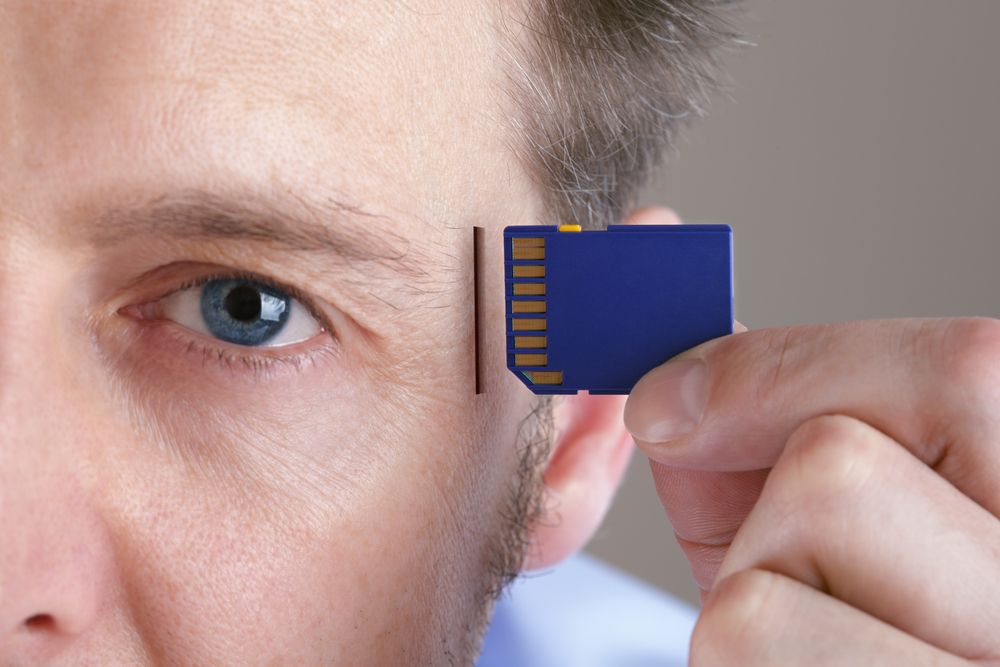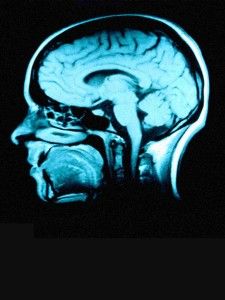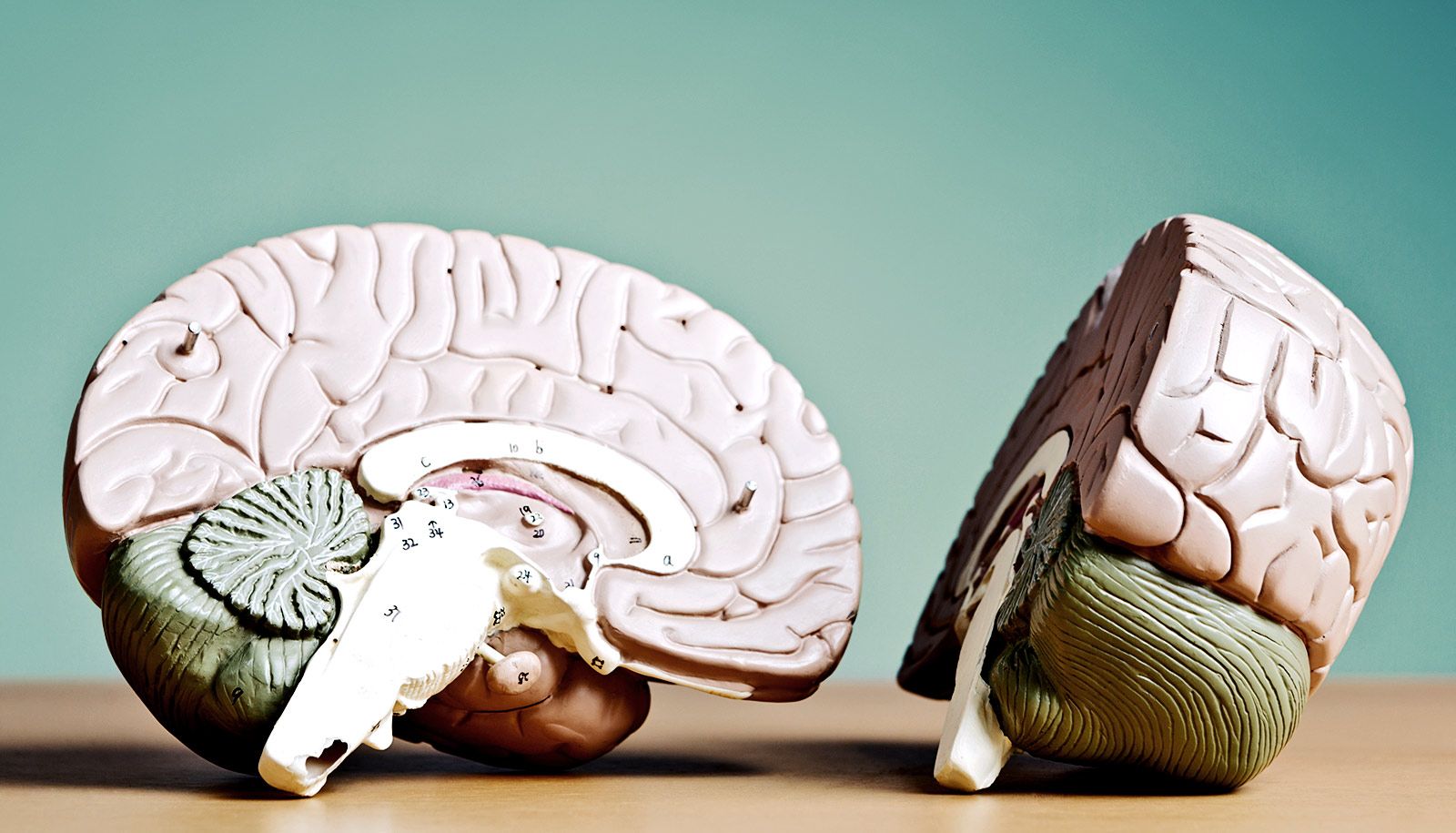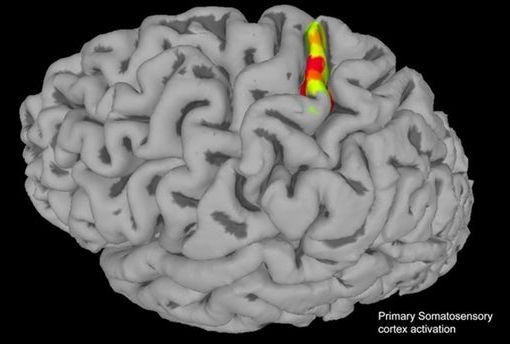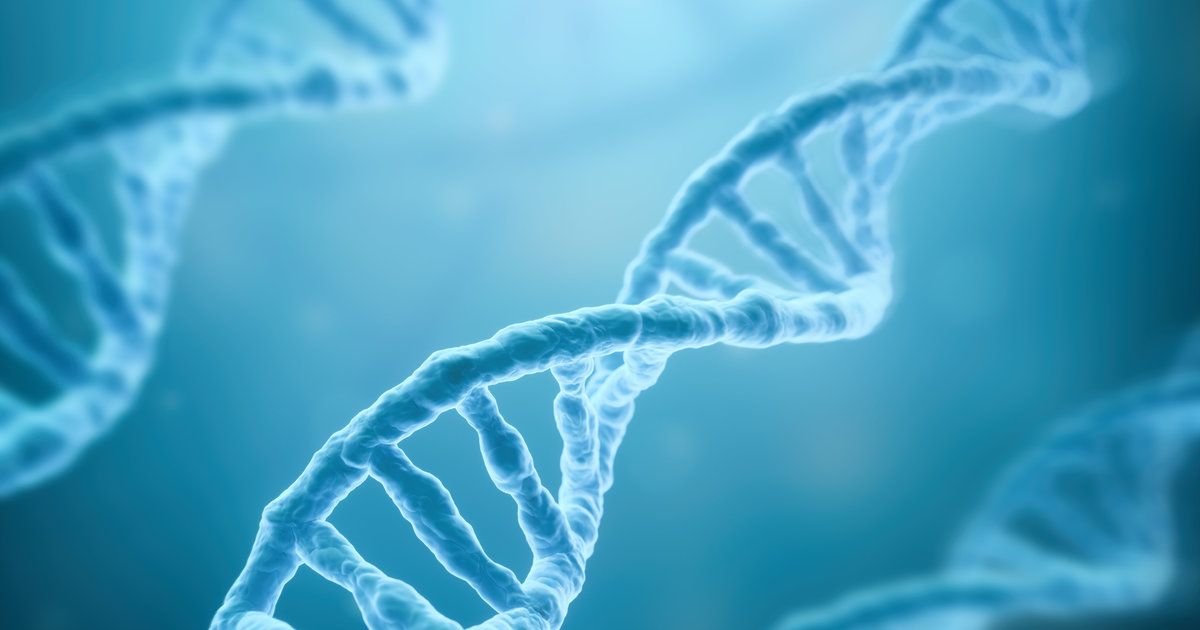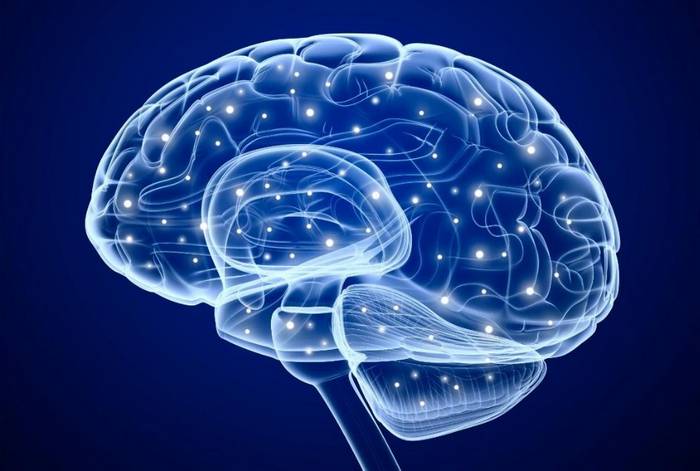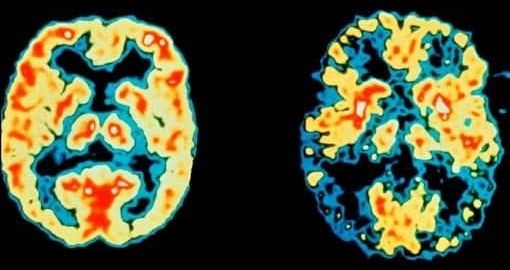Scientists from Wake Forest Baptist Medical Center partnered with researchers from the University of Southern California to develop an innovative procedure to give hope to people struggling with remembering important information. A new implant uses a person’s own memory patterns in order to boost the brain’s natural ability to encode those memories and recall them quickly. There has been a reported 35 to 37 % increase in short-term memory performance.
“This is the first time scientists have been able to identify a patient’s own brain cell code or pattern for memory and, in essence, ‘write in’ that code to make existing memory work better, an important first step in potentially restoring memory loss,” said the study’s lead author Robert Hampson, Ph.D., professor of physiology/pharmacology and neurology at Wake Forest Baptist.
Epilepsy patients from Wake Forest Baptist were surgically implanted with electrodes in the various parts of their brains. The electronic prosthetic system is based on a multi-input-multi-output (or MIMO) mathematical model to influence the patterns of neurons firing within the hippocampus.
